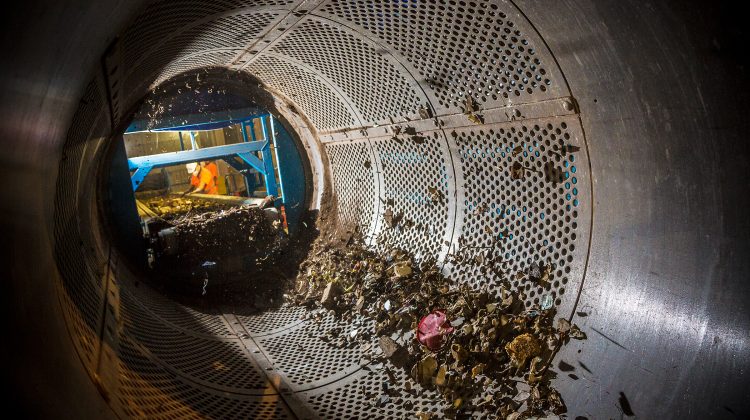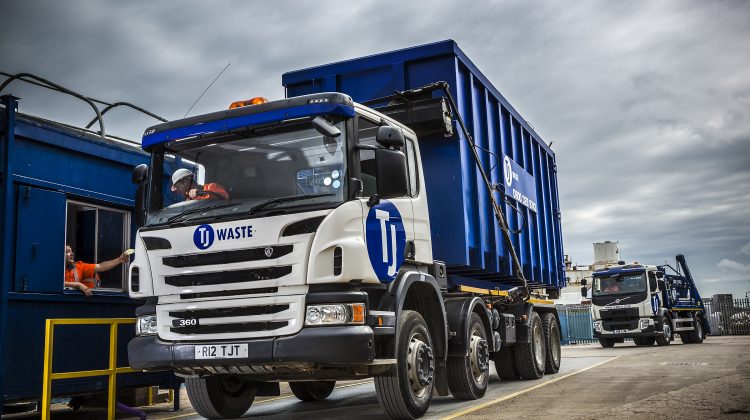Our guide to disposing of lithium batteries safely
Incorrect disposal of lithium-ion batteries can be catastrophic, as the fire at our Tipner Materials Recovery Facility on 6 July has demonstrated. While the exact cause of the fire has not been confirmed, fire crews suspect it is down to an incorrectly discarded lithium-ion battery igniting in our warehouse.
The disposal of lithium-ion batteries is strictly prohibited in our skips and our third party tipping service, so the fact that our terms and conditions have been breached in this way is extremely disappointing and something that should be highlighted and addressed for future safety.
What are lithium-ion batteries?
Lithium-ion batteries are rechargeable energy storage devices commonly used in a wide range of applications, from consumer electronics to electric vehicles and renewable energy systems. They’ve become the preferred choice for many due to their high energy density, long lifespan and relatively lightweight design.
How do lithium-ion batteries work?
During charging, lithium ions move from the cathode to the anode through the electrolyte, storing energy. During discharge, the ions move back from the anode to the cathode, releasing energy to power electronic devices.
What are the advantages of lithium-ion batteries?
- High Energy Density: They store a large amount of energy in a small, lightweight package.
- Long Lifespan: Capable of hundreds to thousands of charge and discharge cycles.
- Low Self-Discharge: They retain their charge well when not in use.
- Fast Charging: Can be quickly recharged compared to other rechargeable batteries.
What could happen as a result of incorrect disposal?
While generally safe, lithium-ion batteries can pose risks if damaged, improperly charged, or exposed to extreme conditions, potentially leading to overheating, fires or explosions. This is why batteries must be disposed of correctly, as discarding them along with other waste results in major risk of fire, especially if they’ve been damaged.
How can lithium-ion batteries be safely disposed of?
Battery recycling facilities
You can take batteries to designated recycling centres that accept lithium-ion batteries. These facilities are equipped to dismantle, process, and recycle the materials in lithium-ion batteries, extracting valuable metals like lithium, cobalt and nickel for reuse.
Take-back programmes
Many electronics retailers and manufacturers offer take-back programmes for used batteries. This ensures batteries are properly handled and recycled.
Household hazardous waste disposal
Your local Household Waste Recycling Centre (HWRC) should offer a hazardous waste collection programme that accepts lithium-ion batteries. Check with your local HWRC for guidance. Alternatively, you can use a certified disposal services company that will comply with regulations and ensure safe handling of the batteries.
Top tips for safe disposal
- Follow manufacturer instructions
Always check the disposal instructions provided by the battery manufacturer, as they may have specific guidelines for safe disposal.
- Preparation for disposal
If possible, fully discharge the battery before disposal to reduce the risk of thermal events. Cover the battery terminals with non-conductive tape (e.g., electrical tape) to prevent short-circuiting during transport. Until you can dispose of them, store batteries in a cool, dry place away from flammable materials.
- Avoid improper disposal
NEVER throw lithium-ion batteries in regular rubbish or recycling bins. Improper disposal can lead to environmental contamination and pose serious safety risks. Do not incinerate as they can explode or release toxic fumes.
Find your local battery recycling locations on the Take Charge Website: https://www.takecharge.org.uk/
Utilise TJ’s hazardous waste management services and get in touch with any enquiries…







